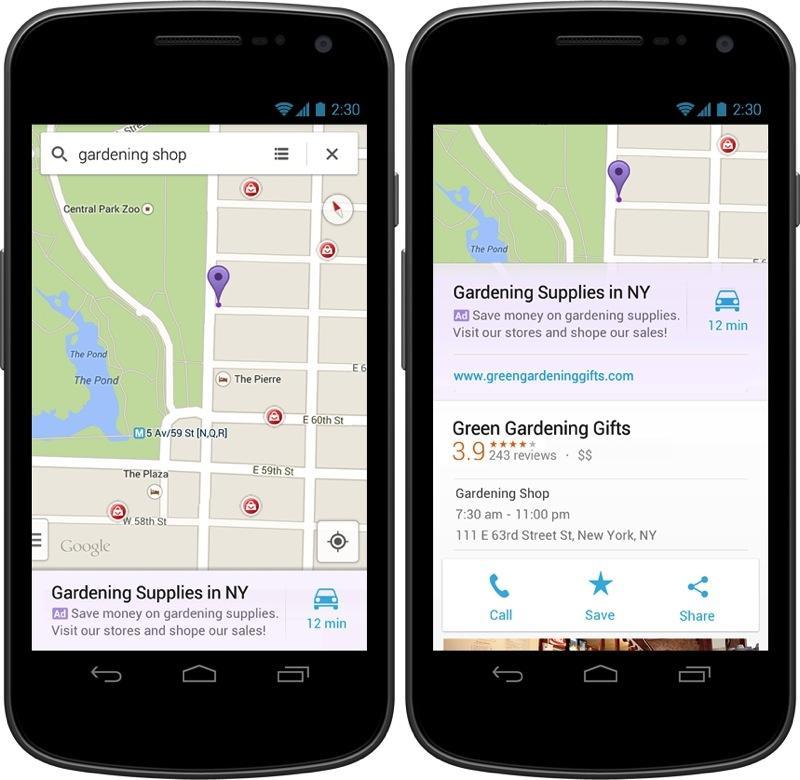
Android is the world's most popular mobile platform, and it got to be that way for several reasons. The Google-owned mobile OS is open-sourced, meaning that developers have a lot of free-reign over custom changes they can make available to users of the platform. Also, since Android is owned by Google, the platform has the advantage of having guaranteed support of some of the most popular web applications and services on the Internet. Gmail, Google Hangouts, Google Drive, and just about any other Google service you can think of are naturally available on Android, and while they're also available on iOS (and occasionally Windows Phone), there's never any guarantee of how long they'll be there (as we can see with Windows Phone).
Another thing that makes Android so popular is the amount of attention they put on their free applications. It's a convincing model for consumers, especially if you paid an arm and a leg for your smartphone. A lot of people want the cash flow to stop there; you've paid for the device, now you want all that it can do for free. But there is a fairly well-known fact about free applications that sometimes make it more worthwhile just to go for the paid version to get rid of them, and that's advertisements.
Advertisements, to put it simply, suck. They're annoying, you've probably accidentally clicked on them by accident a time or two, and they're always in the way. But, on the other hand, they're nice because advertisements are exactly what make the free applications free. They're not free because the developers feel like being nice people, they're free because when you accidentally click on those advertisements (or maybe even on purpose - they are there to sell you something) the developers get a little something something from the deal. It's a small, annoying price to pay for being able to enjoy whatever application that lays under them. And for third parties, I completely understand this. Developers aren't always the richest people, and they create these applications to assist with productivity and entertainment. But when I hear that Google is implement ads in their services, I'm not exactly thrilled with the idea.
This first started about two months ago when news surfaced that Google would be adding in advertisements into their Maps application. Say you're looking for some pizza, and you're craving some Domino's. You look up Domino's Pizza and it locates all of the nearest Domino's Pizza places near you, but there's another off-colored pin on the map that pops up and suggests maybe you don't want Domino's. Maybe you want Pizza Planet instead. It's kind of intrusive and kind of annoying, because to the person who isn't really paying attention to what they're clicking before they get directions might end up at Pizza Planet instead of Domino's.
But the destruction doesn't end at Pizza Planet, no sir. More news comes about recently that say some people's Gmail applications are being updated to include advertisements now as well, right there in your inbox. Even if you take special care to make sure you never sign up on anybody's mailing list for future promotions or advertisements, you'll still see the advertisements because they'll show up in your inbox anyway. Quite frankly, I find this kind of obnoxious, and I don't like that it's becoming a growing trend with Google to include in their applications.
I understand that a company needs to make money, but I highly doubt that Google is in so much turmoil that planting advertisements in their applications are going to make or break them. The thing is, Google Apps come preloaded on Android devices, and you can't get rid of them. It's the courtesy software that gets you started in the Google ecosystem, but I imagine if people are experiencing advertisements from the get-go that they're not going to end up very pleased with their device. I know I wouldn't be very happy if I had advertisements all over the place that I couldn't get rid of. For being preloaded applications, it just seems like a bad idea. If the user want to sign up for free applications later that include ads, then great. At least then they can get rid of the application if they get sick of the ads and or realize they're never going to use it. But don't make it so that they're stuck with the application whether they plan to use it or not.
I think what I'm trying to get at here is a request for Google to do a better job of treating the user as a person, not as a product. Sometimes we don't want to be sold things. Sometimes we just want to go to Domino's and check our e-mail in peace.
Image via MacRumors